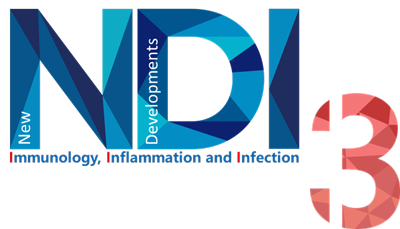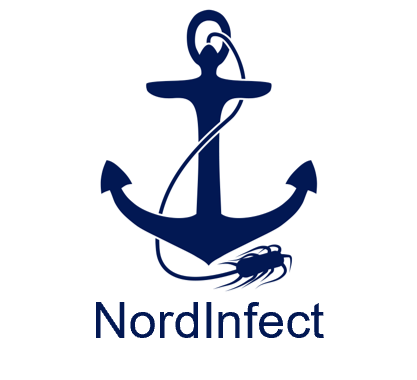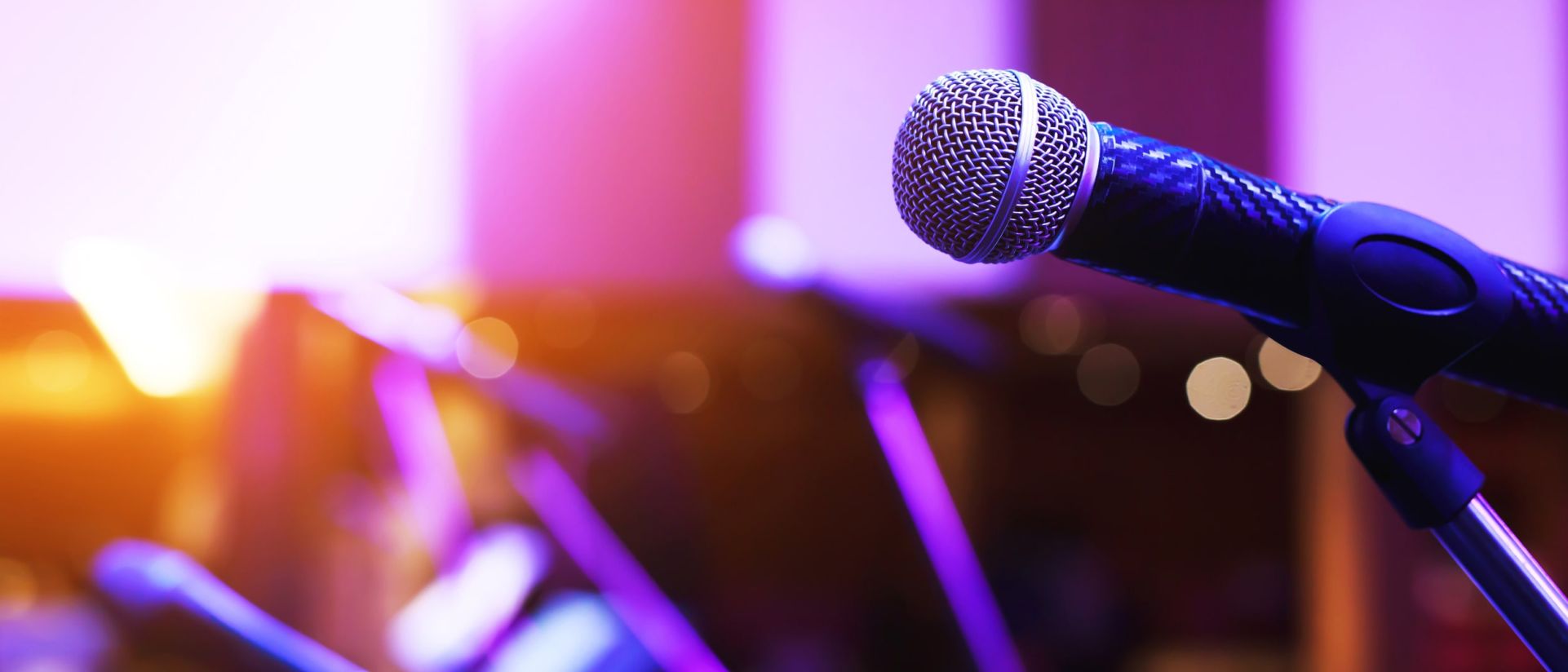2025 Keynote Speakers
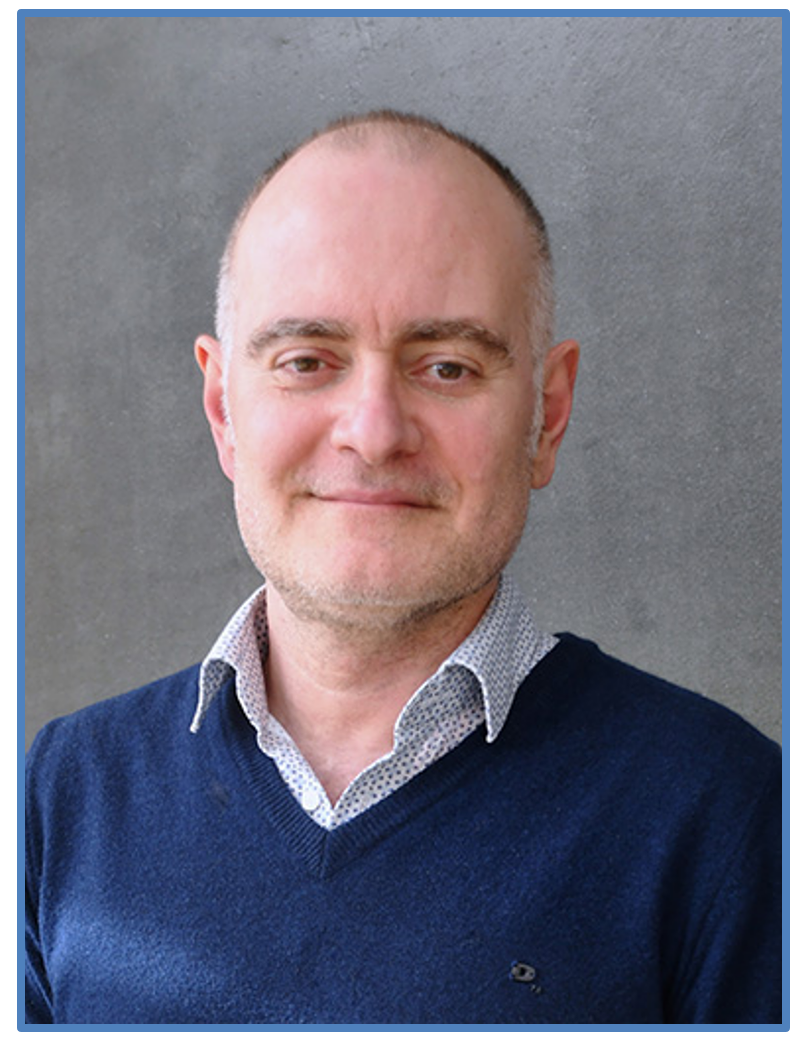
Dr. Olivier Neyrolles: Infection
CNRS Research Director & Team Leader,
Institute of Pharmacology &
Structural Biology (IPBS), France
Dr. Neyrolles earned his PhD in microbiology from the Pasteur Institute, Paris, in 1997. He went on to conduct his postdoctoral research studies on antigen presentation and innate immune responses in Mycobacterium tuberculosis-infected macrophages between 1997 and 2007 at the Imperial College and Institute Pasteur. During this period, he joined CNRS as a research associate and received several honors, including the Berthe Péan Prize (2004) and later the CNRS Bronze Medal (2009).
Since 2014, he leads a research group that focuses on host-pathogen interactions in tuberculosis, particularly the role of innate immune receptors (e.g., C-type lectins), the relationship between mycobacterial physiology and virulence, and the development of TB vaccines, including subunit and live attenuated candidates. Dr Neyrolles currently serves as Research Director and Team Leader at IPBS since 2011.
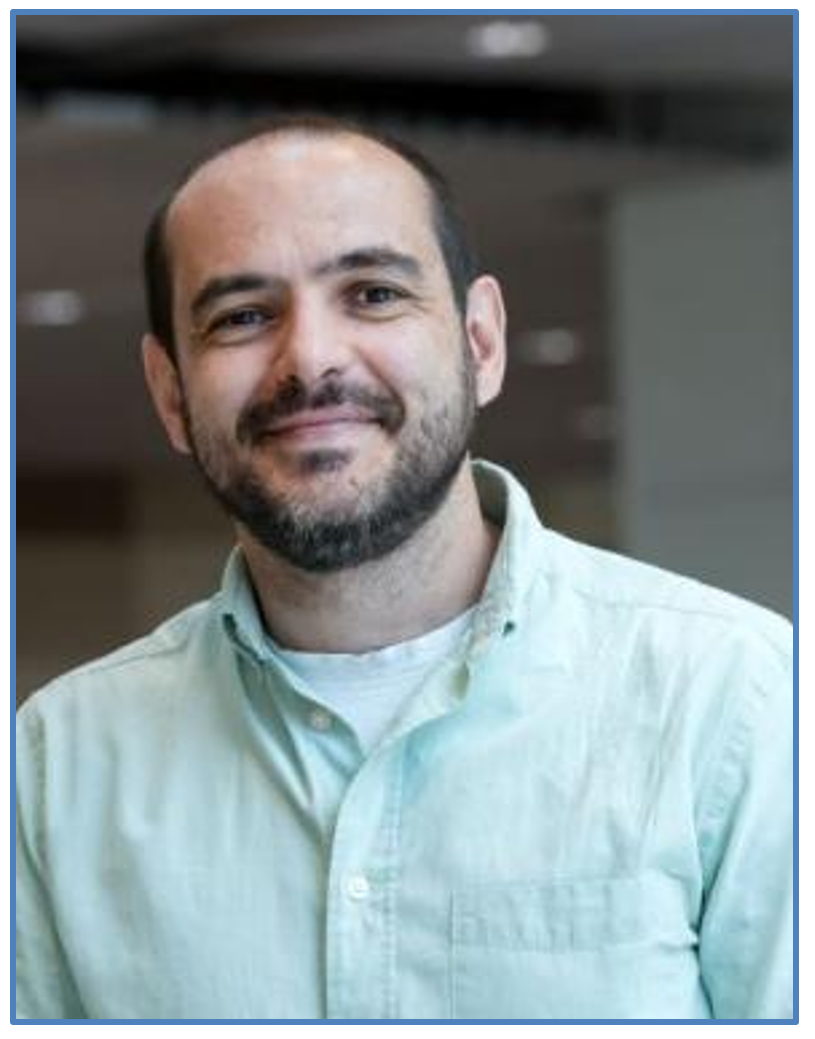
Dr. Maximiliano Gutierrez: Infection
Senior Group Leader, Francis Crick Institute,
United Kingdom
Dr. Gutierrez earned his PhD in Cell Biology in 2005 from the University of San Luis, Argentina, where he discovered the innate immune pathway later known as “xenophagy.” He then moved to EMBL Heidelberg for postdoctoral training, focusing on macrophage cell biology and imaging, where he developed a strong interest in electron microscopy.
In 2009, he established his independent research group at the Helmholtz Centre for Infection Research in Germany, leading the Junior Research Group on Phagosome Biology. In 2012, he joined the MRC’s National Institute for Medical Research in the UK, which became part of the Francis Crick Institute in 2015. Since 2018, he has served as a Senior Group Leader at the Crick Institute, where his research continues to explore host-pathogen interactions through advanced imaging and cellular biology, including developing therapeutic strategies to enhance host immunity to intracellular bacteria.
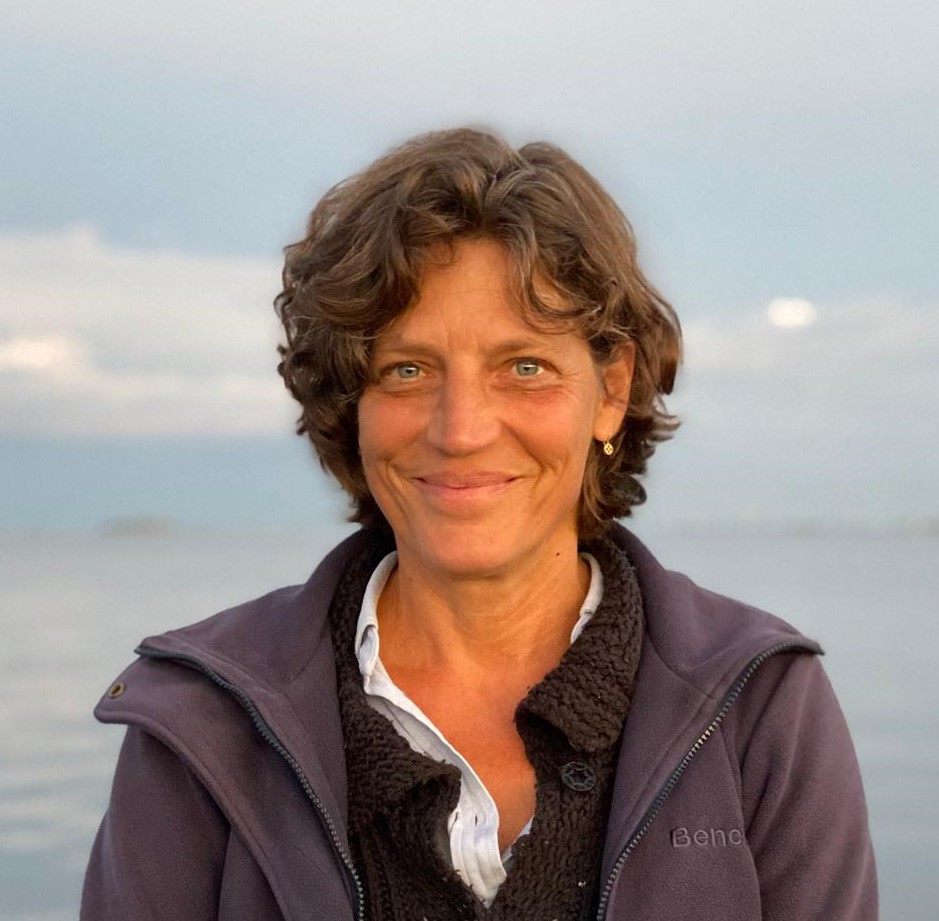
Prof. Dr. med. Susanne Häußler: Infection
Professor of Pathophysiology of Bacterial
Biofilms, TWINCORE – Helmholtz Centre
for Infection Research, Germany
Prof. Häußler completed her medical training at the Lübeck and Hannover Medical Schools, earning her doctorate from Hannover in 1995. After a year in internal medicine, she began her specialist training in medical microbiology, becoming certified in 2002 and completing her habilitation in 2004.
Her research focuses on the development and control of chronic Pseudomonas aeruginosa infections, including bacterial virulence factors and development of new anti-infective strategies against MDR bacteria. Between 2003 and 2004, she led a project on this topic at the German Society for Biotechnology Research (now HZI). Since 2005, she has led a Helmholtz University Junior Research Group at HZI in collaboration with Hannover Medical School. In 2009, she was appointed to a W2 professorship in the pathophysiology of bacterial biofilms at TWINCORE in Hanover.
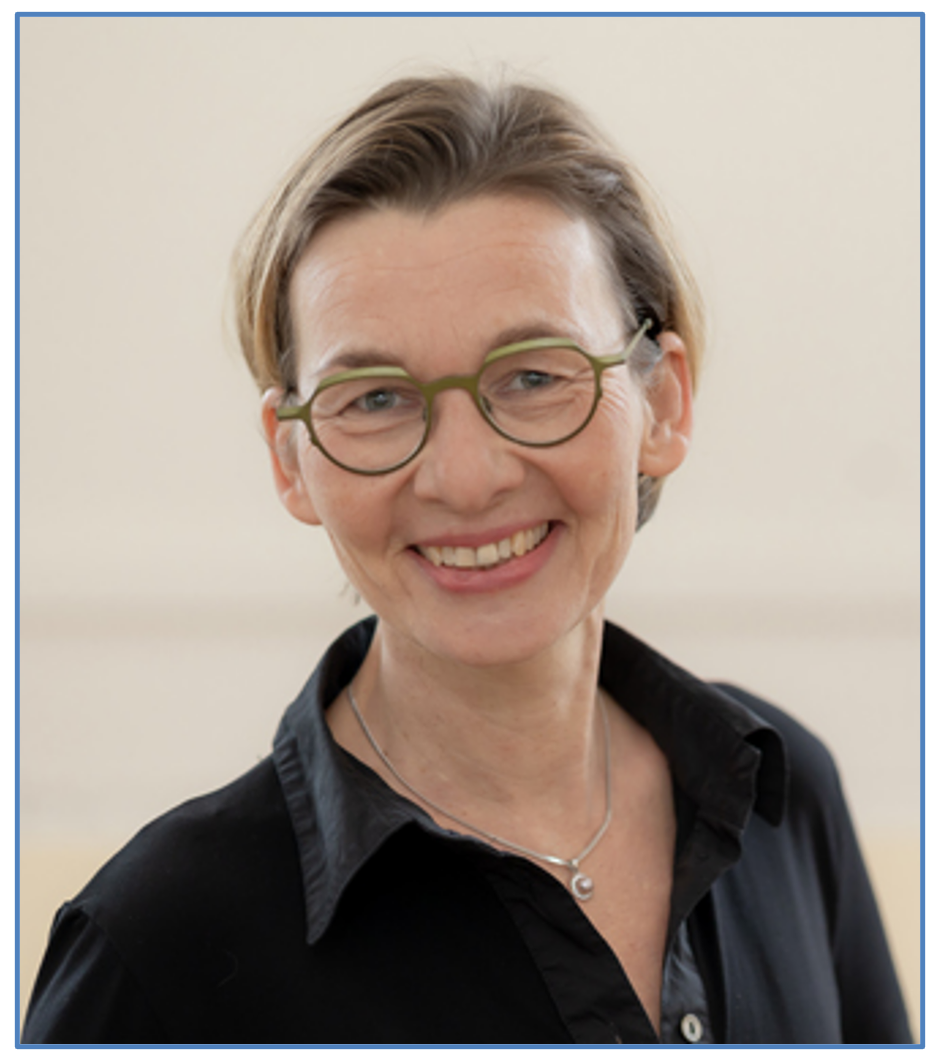
Prof. Dr. rer. nat. Silke Meiners: Immunology
Leibniz Professor, Christian-Albrechts-University
Kiel & Group Leader, Research Center Borstel, Germany
Prof. Silke Meiners trained in biochemistry and molecular biology at the Universities of Bonn, Norwich, and Berlin, where she earned her PhD. During her postdoctoral research at Charité Berlin, she focused on the proteasome as a therapeutic target in cardiovascular disease. In 2010, she joined the Helmholtz Center Munich’s Comprehensive Pneumology Center, where she led an independent group investigating proteostasis and proteasome function in chronic lung diseases.
In 2021, she was appointed Leibniz Professor at Christian-Albrechts-University in Kiel and now leads a research group on immunoproteasomes at the Research Center Borstel, focusing on therapeutic strategies targeting and sex-specific differences. She is a principal investigator in the PMI Excellence Cluster and the German Center for Lung Research (DZL), co-director of the DZL Academy, an editor for the European Respiratory Journal.
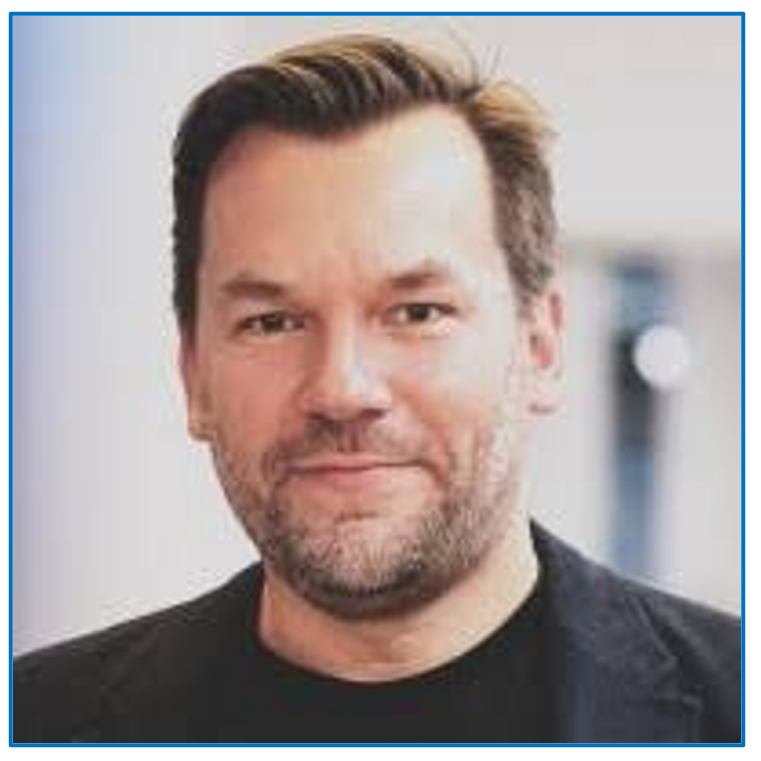
Prof. Dr. rer. nat. Christian Karsten: Inflammation
Faculty & Senior group Leader,
Center for Infectious Diseases &
Inflammation Research Lübeck (ZIEL),
University of Lübeck, Germany
Prof. Dr. Christian Karsten earned his PhD at the Institute for Systemic Inflammation Research at the University of Lübeck (2005–2009), where he also completed his postdoctoral training (2009–2013). Since 2013, he has led a Junior Research Group at the same institute, advancing translational research in systemic autoimmune diseases.
He is a specialist in immunology whose current research focuses on the complement system and autoimmune diseases. A special emphasis lies in understanding how dysregulation of the complement system can contribute to pathological immune responses and pregnancy complications. His group is dedicated to identifying novel therapeutic targets within the complement pathway and translating immunological insights into clinical applications, aiming to improve outcomes for patients with autoimmune disorders and pregnancy-related complications.
Have a Look at our NDI3 Chronicles
